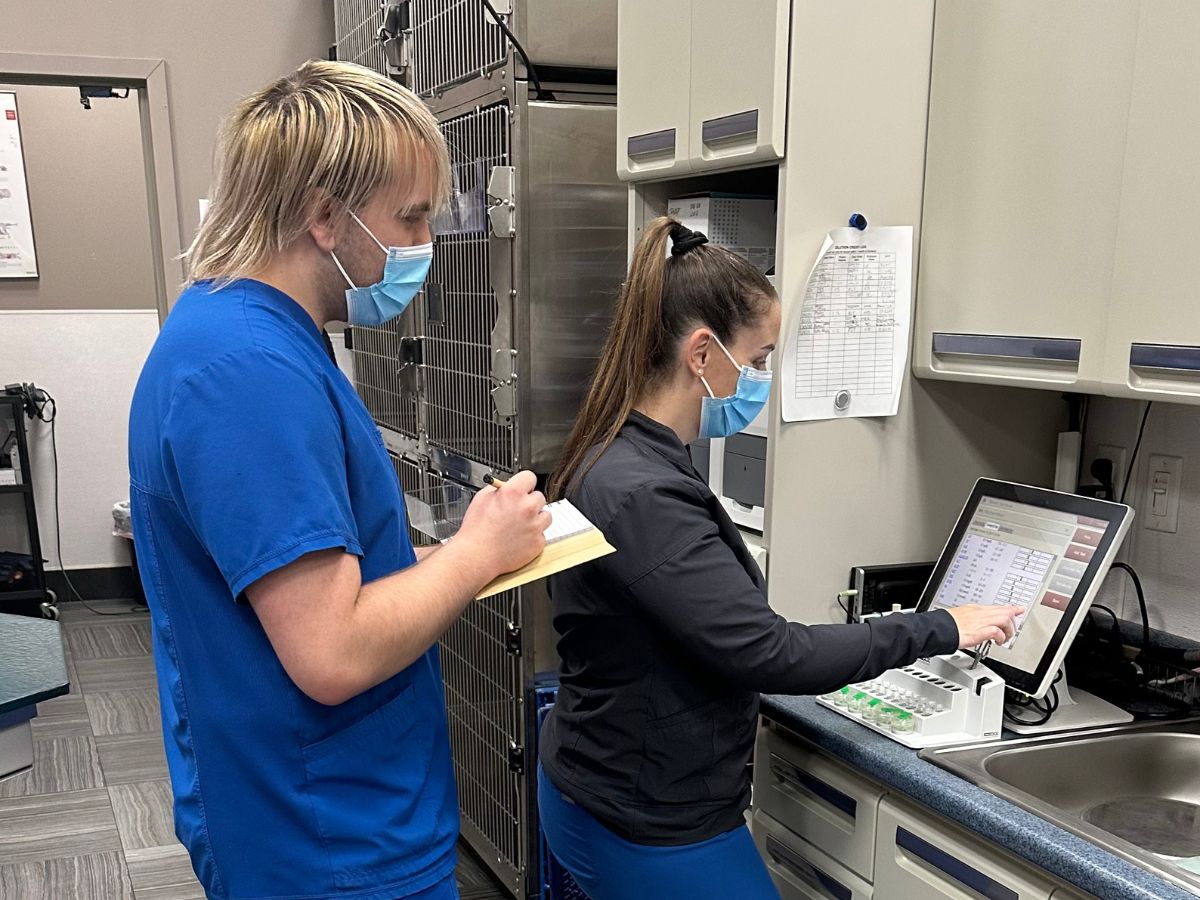Pet Insurance
Pet insurance pays, partly or in total, for veterinary treatment of the insured person’s ill or injured pet.

Pet Insurance: Ensuring the Best Care for Your Furry Family Member
Why Pet Insurance Matters
Pet insurance provides essential financial support for veterinary treatment when your pet is ill or injured. Many policies also offer coverage in the event of your pet’s death, loss, or theft. With major advancements in veterinary medicine and increasing expectations for pet health care, the demand for pet insurance has grown significantly.
Benefits of Pet Insurance
Financial Protection
Covers unexpected veterinary bills, ensuring your pet gets the necessary care without causing financial strain.
Customizable Plans
Allows you to choose deductible and co-insurance levels, helping to manage monthly premiums and meet your specific needs.
Peace of Mind
Provides assurance that your pet is protected, letting you focus on their well-being instead of potential costs.
Key Considerations in Choosing Pet Insurance
- Coverage for Conditions: Check if the policy covers congenital and hereditary conditions such as hip dysplasia, heart defects, eye cataracts, or diabetes.
- Reimbursement Methods: Understand how reimbursement is calculated—whether it’s based on the actual vet bill, a benefit schedule, or usual and customary rates.
- Deductible Type: Determine if the deductible is per incident or annual.
- Limits and Caps: Be aware of any limits or caps on coverage, whether per incident, per year, by age, or over the pet’s lifetime.
- Additional Benefits: Some policies pay out if the pet dies, is lost, or stolen.
- Contract Terms: Annual contracts may consider anything diagnosed in the previous year as a pre-existing condition for the next year.
Contact Us
For more information, visit Pawlicy Advisor.

